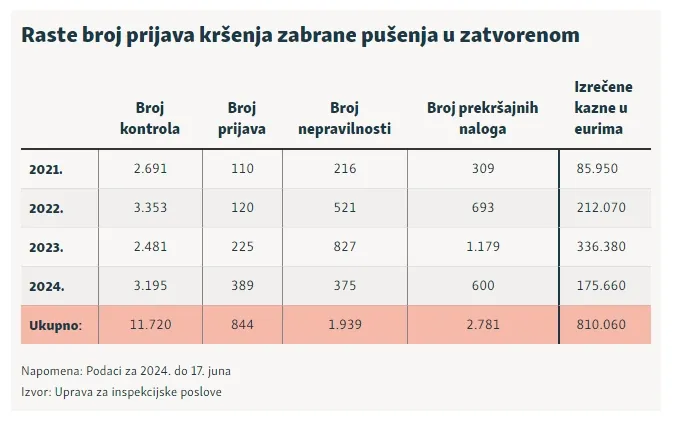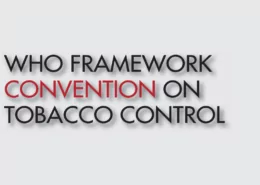Montenegro Considers Banning Vapes in Indoor Spaces
Montenegro, a country that already prohibits the use of traditional cigarettes in closed spaces, is now considering extending this ban to include electronic cigarettes. The government’s intentions align with the World Health Organization’s (WHO) recommendations, which warn of the harmful effects of e-cigarettes, particularly on young people.
Mina Brajović, head of the WHO office in Montenegro, believes that the decision should be straightforward for any government that prioritizes the health of children and future generations over the profits of the tobacco industry. If the legislative proposal receives support from deputies and enters into force, Montenegro will join a list of 42 countries that have banned the use of e-cigarettes indoors.
E-Cigarette Industry Targets Young People with Thousands of Flavors
According to WHO data, there has been an alarming increase in e-cigarette use among young people, with about a third of 15-year-olds worldwide confirming they have used these devices. The tobacco industry makes e-cigarettes more attractive to children and young people by offering more than 16,000 different flavors, often featuring characters from cartoons.
Dr. Agima Ljaljević, the national coordinator for tobacco control, emphasizes the need for swift action due to the increasing popularity of e-cigarettes among young people. While the long-term side effects of e-cigarette use are not yet fully understood, nicotine addiction and its negative impact on brain development in adolescents are well-documented.
Violations of Existing Smoking Ban Prevalent in Montenegro
Despite the existing ban on traditional cigarettes in closed spaces, violations are becoming more common in Montenegro. The “No smoking!” project, implemented by the Center for Monitoring and Research (CeMI) and Juventas with WHO support, allowed citizens to report violations through an application. The project revealed that the smoking ban was violated in ministries, hospitals, and even the Emergency Center.
The project also highlighted the inefficiency of the inspection process, with an average response time of eight days to a report. Furthermore, the penal policy was found to be ineffective, as the fines imposed were mostly within the legal minimum, lacking a deterrent effect.
Looking Ahead
As Montenegro considers extending the smoking ban to include e-cigarettes in closed spaces, it is crucial to address the challenges in enforcing the existing ban on traditional cigarettes. Strengthening the inspection process, increasing the number of inspectors, and implementing a more effective penal policy will be essential in ensuring compliance with the law and protecting public health.
The government’s decision to prioritize the well-being of its citizens, especially children and young people, over the interests of the tobacco industry is a commendable step towards a healthier future for Montenegro.
Source: Dok se puši u ministarstvima i bolnicama, Crna Gora planira zabranu e-cigareta u zatvorenom prostoru










